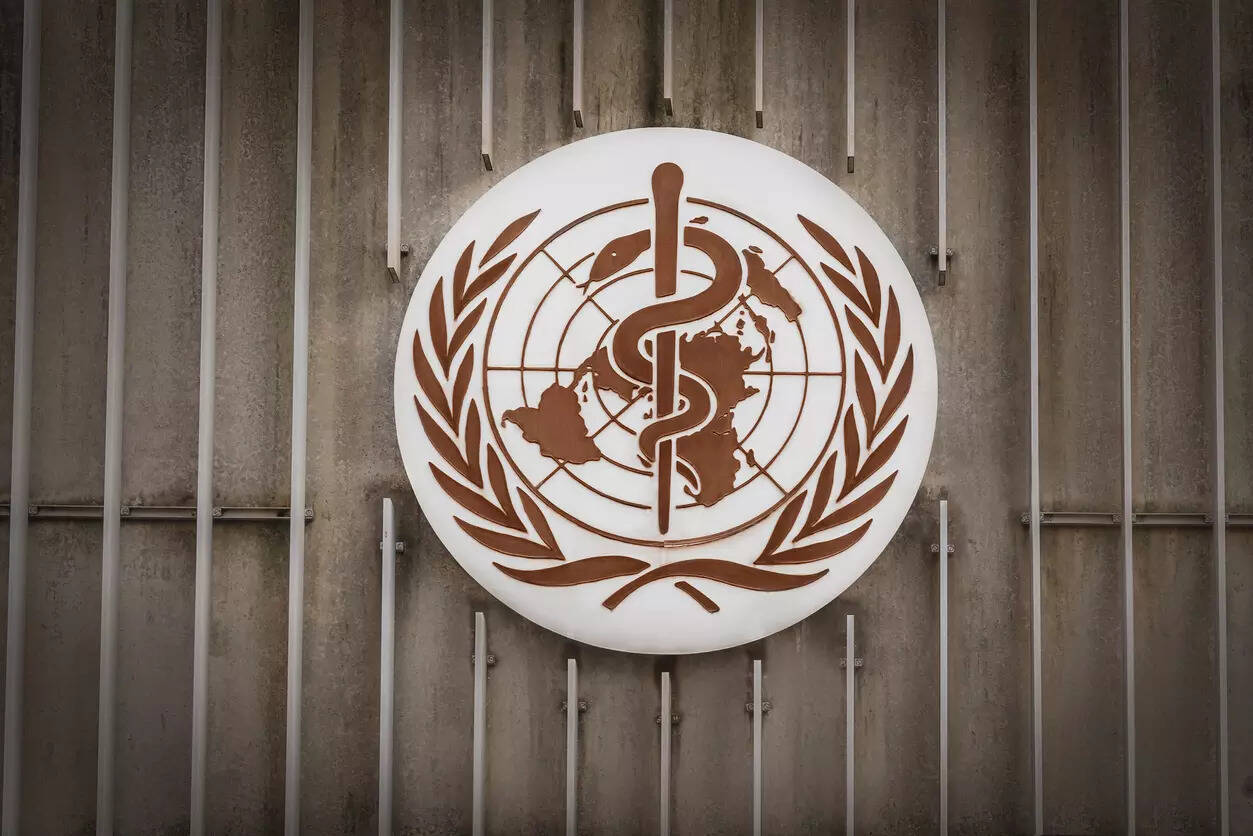
New Delhi: The WHO on Tuesday called for urgent scale-up of research, innovation and collaboration to accelerate momentum towards ending tuberculosis in the South-East Asia region, which continues to bear nearly half of the global TB burden, accounting for the highest share of cases and deaths worldwide.
Experts, national TB programme managers and researchers along with partners and members of civil society began a three-day virtual workshop organised by the World Health Organization (WHO) for advancing research and innovation to accelerate momentum towards ending TB in the WHO South-East Asia region.
“In our Region alone, nearly 5 million people developed TB and close to 600,000 died from the disease in 2023,” said Dr Catharina Boehme, Officer-in-Charge, WHO South-East Asia Region.
Calling for urgent action, she said that achieving the ambitious targets in the WHO End TB Strategy requires collaboration to accelerate research and innovation.
It requires the adoption and use of new tools, technologies and drugs. Ensuring timely and equitable access to these innovations remains critical to achieving impacts at scale, leaving no one behind, Boehme said.
While the region recorded a significant increase in TB case notifications in 2023, signalling recovery after COVID-19-related setbacks, progress remains insufficient to meet the End TB Strategy targets aligned with the sustainable development goals that call for a 90 per cent reduction in TB deaths and an 80 per cent reduction in incidence by 2030 compared to 2015 levels.
Post-COVID-19 pandemic, TB once again reemerged as the world’s leading cause of death from a single infectious agent, the WHO said in a statement.
It places a disproportionate burden on the poorest and most vulnerable, further exacerbating inequalities.
In the South-East Asia region, 30 per cent to 80 per cent of the TB-affected households experience catastrophic costs, underscoring the need for equitable, people-centred approaches and strengthening social protection for the affected, the statement said.
Despite these challenges, the WHO South-East Asia region made notable progress. In 2023, 3.8 million new and relapse TB cases were notified, with an 89 per cent treatment success rate for those who began treatment in 2022. Missed cases dropped to 22 per cent in 2023, down from 44 per cent in 2020, the statement said.
Backed by strong political commitment, countries in the region are increasingly leveraging new approaches such as artificial intelligence for case detection, computer-aided diagnostics, digital adherence tools and direct benefit transfers for patients, streamlining the social support process.
At the same time, several countries are undertaking important research, including epidemiological research to assess the disease burden, the statement said.
Bangladesh recently completed a patient cost survey, while findings from India’s RATIONS study on the impact of nutrition on TB outcomes and incidence of the disease have contributed to the global guidance.
Social and community-based innovations are also playing a vital role. Nepal’s TB-Free Pallika initiative and multisectoral coordination mechanisms in Myanmar are helping reach vulnerable populations with person-centred care.
A review by the WHO South-East Asia found that member states published over 3,000 TB-related research articles in the past six years, with 60 per cent being original research. However, uptake of research outcomes remains uneven due to knowledge gaps and limited platforms for knowledge exchange and collaborative use, the statement said.
“Our progress is uneven. Research and innovation capacity is varied across the Region, and the results of these efforts are often siloed and unavailable for collaborative use. The rise in drug-resistant forms of TB remains very concerning,” said Dr Boehme.
The key areas of focus during the virtual consultation include strengthening of South-South collaboration, vaccine preparedness, digital tools for patient care and adherence and efforts to overcome vaccine hesitancy.
Participants will also discuss aligning regulatory processes, promoting data sharing and improving platforms for knowledge exchange. A significant emphasis is being placed on identifying operational implementation research priorities, especially in relation to social determinants such as undernutrition and climate change, which influence TB incidence and outcomes.
“Several ongoing innovations are attempting to reach out to marginalized and vulnerable groups through active case finding and providing affected families socio-economic support to mitigate catastrophic costs”, said Dr Boehme.
Highlighting the importance of equity, she added, “It is incumbent to ensure equitable access to the benefits of research and innovation, including vaccines, medicines and diagnostics.”